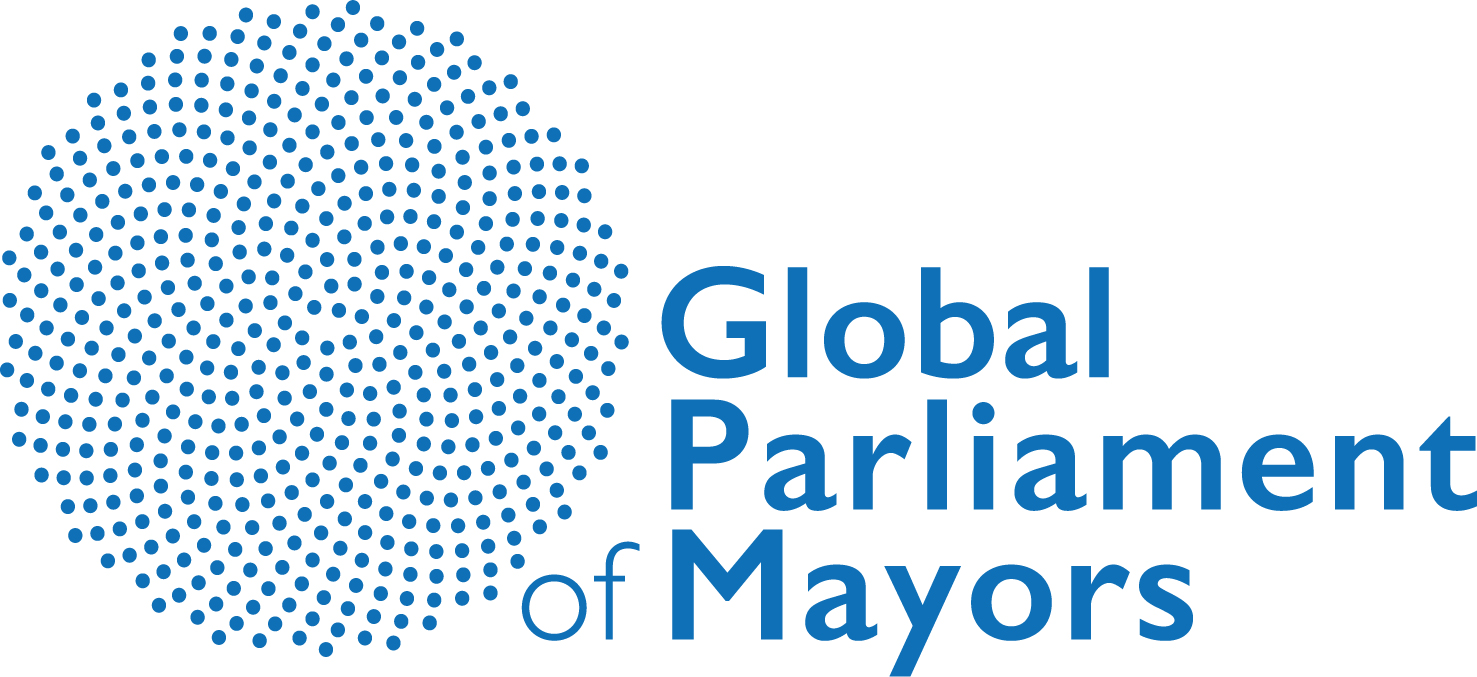Open Letter to Global Financial Leaders
Representing cities from around the world, many of which continue to contain and counter the spread of Covid-19, we write to you in this moment of extreme caution and concern with an urgent plea – that our recovery and rebuild cannot be a ‘return to normal’.
‘Normal’ wasn’t working for our people – or the planet. We were relying on systems that depended on the unsustainable exploitation of human and natural capital.
This health crisis, for example, makes clear that our food system is not only unsustainable but a security risk that will continue to threaten countless communities unless we restructure it to be naturally regenerative – which means we’re actively restoring, renewing and revitalizing its material and energy inputs. And the climate crisis makes clear that our energy and transportation systems are equally unsustainable and will also threaten countless lives unless they’re reconfigured to be equally renewable.
We can’t keep putting the public in harm’s way. With millions dying annually from preventable air, water, and soil pollution, and now hundreds of thousands dying from preventable pandemics, we must do better. These losses are inexcusable by any measure – moral or monetary. It is too costly to continue.
Any stimulus funding in response to Covid-19, therefore, requires a radical rethink if we want to ensure that our communities are not only able to withstand a similar crisis in the future, but rise above, survive, and thrive far into the future. We need an economy that’s not only resilient, and able to bounce back from a crisis, but adaptive, and able to shift and accommodate, not crumble, when disruption happens.
That should be our goal when pumping billions back into our economy, our businesses and our communities – all the while securing and sustaining long-term financing for the necessary shift in policy that a truly sustainable stimulus requires.
Covid-19 makes it painfully clear that our current social, economic and environmental systems are not set up to be sustainable. Now is the time to show the innovation and leadership that will make them so. Our specific requests, therefore, are this:
1) Adopt sustainability risk disclosures and establish sustainability standards – much like the United Nations’ recent recommendations – to ensure that stimulus funds are not used to continue the pre-Covid-19 ‘normal’ – i.e. the exploitation of human and natural resources. Human health is intimately linked to planetary health. These are not separate crises – either in cause or in response.
2) Embed and integrate within stimulus funds a requirement to ensure inclusion, equity and social justice within public and private sector programs and projects. We must focus on delivering benefits directly to communities that are disproportionately impacted not only by the virus, but also by climate change.
3) Precondition stimulus funds on the upholding and strengthening of existing environmental protections and safeguards, and withhold funds from actors and institutions that actively undermine environmental regulations aimed at preventing future health and climate crises. Though we can remove the red tape that keeps our planet healthy, we cannot remove the “green tape”, which helps keep our planetary boundaries in check. It would be catastrophic and extremely short-sighted if we were to cut back on environmental protections now. Let’s make sure stimulus funding upholds this thinking.
4) Make regenerative practices and programs a requirement of stimulus funding. We need to stop subsidizing unsustainable businesses, where their future is limited, and ramp up the just transition and use this moment to build the right things, where their future is unlimited. Capital must serve – and be able to serve – the whole of society. Currently it is not. We are making, using and disposing of valuable human and natural capital. It is that practice – and the emissions, contagion and waste that come with it – that is now killing millions of our citizens every year. Funding such a destructive economic model merely sets us up for repeated pandemics and the ever-growing climate crisis.
5) Build and transition to new systems, as part of this new funding cycle – prioritizing food, energy, water, waste management, and transportation systems, and more – that not only create greater quality of life and increased resilience to future events but that set up societies for success because they are no longer dependent on inputs that imperil the public, such as fossil fuels, deforestation or factory farming. This is the only way to protect human health and natural ecosystems far into the future. And any funding requests should force this hand.
We are in a new era. These are completely different times than they were just a year ago and require a completely different modus operandi going forward. All work going forward in our cities, then, whether it’s the climate plan or a new jobs plan, must ensure that it’s simultaneously helping communities become stronger and more adaptive across all fronts – social, economic and environmental. One of these must never be sacrificed for another.
Yes, this will require more communication and coordination across city departments to ensure all three pillars are equally addressed. Yes, this will require a concerted effort to ensure that no one is left behind. Yes, this will be an intensive effort unlike anything we’ve encountered in recent history. And yes, cities will need national governments to support them in this transition, making the right investments and shouldering the burden.
A failure to do all of the above only increases the vulnerability of our communities and the likelihood that pandemics and pollution will continue to wreak havoc in our cities.
Now is the time to fix it. Now is the time to restart and reconfigure. Now is the time to make sure we don’t return to normal, but that we return to something far better. Systems that are regenerative and renewable. Societies that are truly sustainable. This is the only way.
Respectfully, the undersigned:
Carbon Neutral Cities Alliance
Global Parliament of Mayors
EUROCITIES
Alliance des Collectivités Pour la Qualité de l’Air
UK100
Urban Sustainability Directors Network




